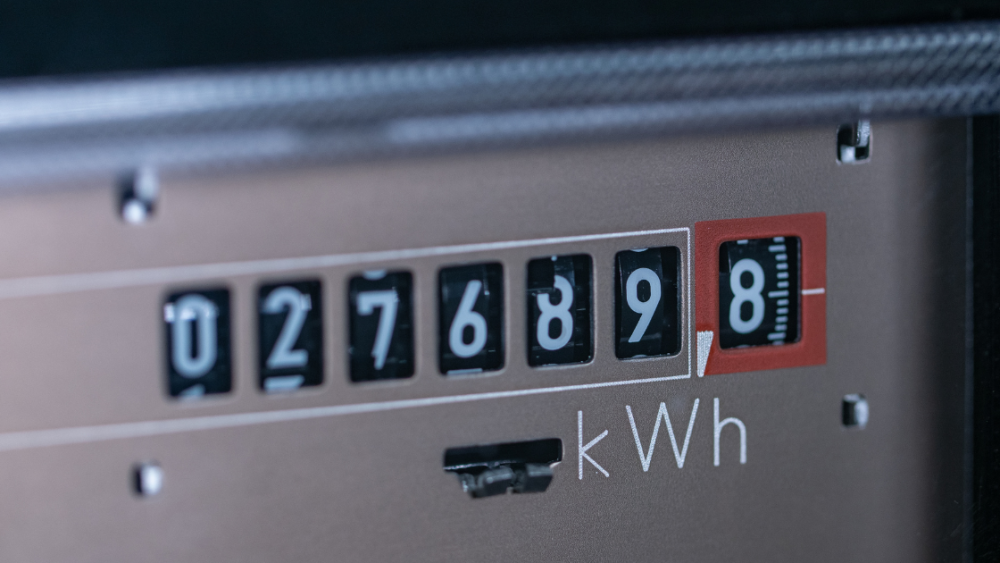Understanding Kilowatts and Kilowatt-Hours: The Basics for Solar Energy
Written on . Posted in Home energy.

Try our solar cost and savings calculator
Introduction
When exploring solar energy options for your home, you'll often come across terms like kilowatt (kW) and kilowatt-hour (kWh). Understanding these units is crucial as they play a significant role in determining your energy consumption, the size of your solar system, and ultimately, your savings. This guide will break down what kilowatts and kilowatt-hours are, how they differ, and why they matter when you’re considering solar power.
What is a Kilowatt (kW)?
A kilowatt is a unit of power that measures the rate at which energy is used or produced. It’s equivalent to 1,000 watts. In practical terms, it represents the capacity of electrical appliances or systems. For example, if you have a 1 kW appliance, it uses 1,000 watts of power to operate.
In the context of solar energy, the term kilowatt is often used to describe the capacity of a solar panel system. For instance, a 5 kW solar system can produce up to 5,000 watts of power at any given moment, depending on sunlight conditions.
What is a Kilowatt-Hour (kWh)?
A kilowatt-hour is a unit of energy that measures the amount of electricity used over time. One kilowatt-hour equals the energy consumed by a 1 kW appliance running for one hour. So, if you run a 1,000-watt appliance for an hour, you’ll have used 1 kWh of electricity.
Kilowatt-hours are what you see on your electricity bill. Your utility company charges you based on the number of kWh you use each month. Understanding your kWh usage is key to determining the potential savings from a solar energy system.
Kilowatt vs. Kilowatt-Hour: Understanding the Difference
The difference between kilowatt and kilowatt-hour is simple but important:
- Kilowatt (kW): Measures the rate of energy use or production (power).
- Kilowatt-Hour (kWh): Measures the total amount of energy used over time.
Think of it this way: if kilowatts measure the speed of a car, kilowatt-hours measure how far the car has traveled. A solar panel system’s size is measured in kilowatts, while your energy consumption and savings are measured in kilowatt-hours.

Why These Terms Matter for Solar Energy
When designing a solar energy system for your home, understanding these units helps you make informed decisions:
- System Sizing: The size of your solar system, expressed in kilowatts, determines how much power it can produce.
- Energy Consumption: Knowing your kilowatt-hour usage helps in sizing your system correctly and estimating your savings.
- Cost Savings: By generating your own kilowatt-hours with solar panels, you reduce the number of kWh you need to buy from your utility, lowering your electricity bills.
Conclusion
Kilowatts and kilowatt-hours are fundamental concepts in the world of solar energy. By understanding what they mean and how they apply to your energy consumption, you can better assess the potential benefits of installing a solar panel system on your home. Use our solar calculator to see how much you could save based on your current kilowatt-hour usage.
Try our solar cost and savings calculator




